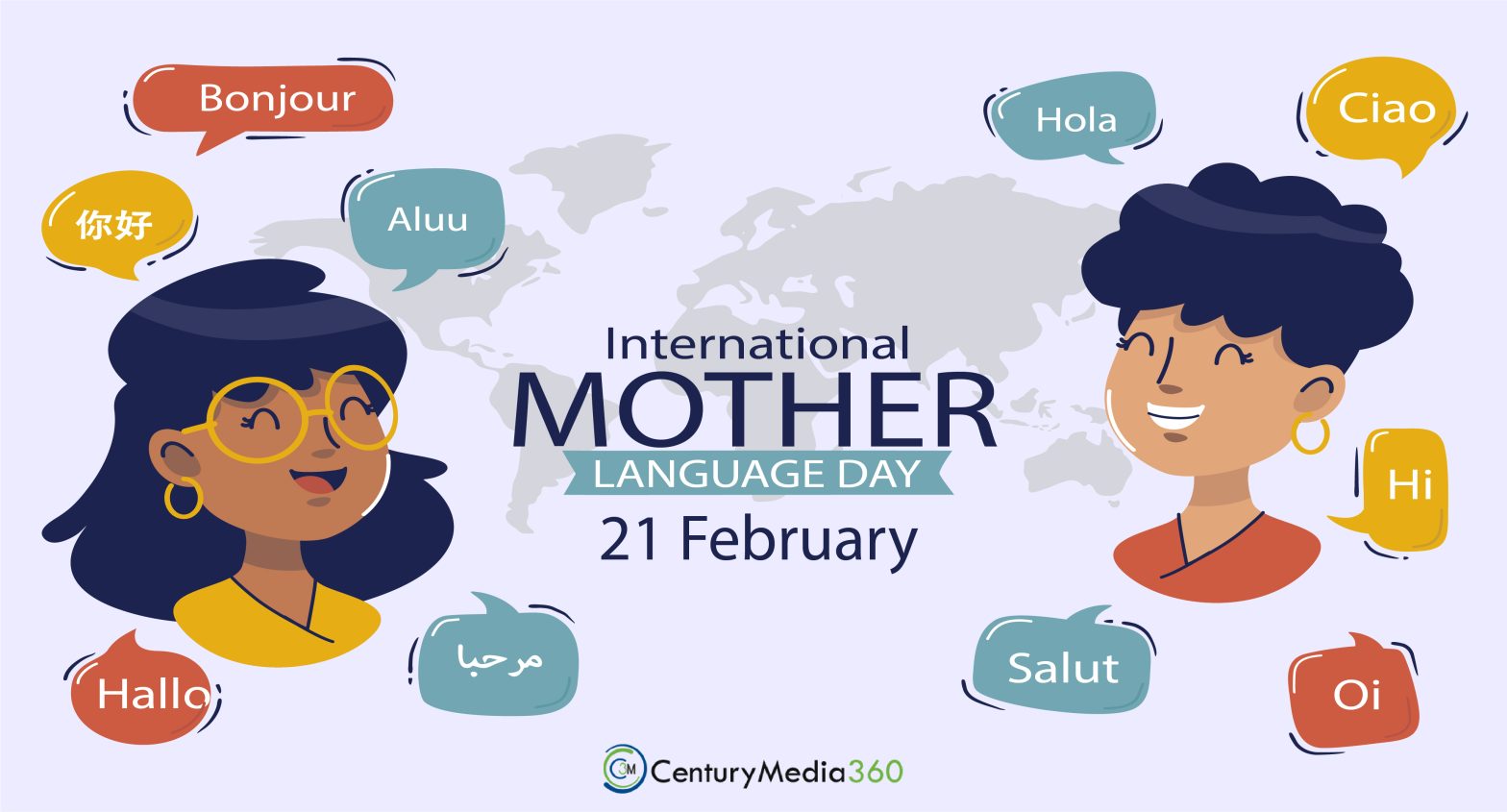International Mother Language Day 2023

Every year on February 21st, International Mother Language Day is celebrate around the world to recognize the importance of linguistic and cultural diversity. The day was first declared by UNESCO in 1999 to promote linguistic and cultural diversity, and to encourage the use of mother tongues in education. The theme of this year’s International Mother Language Day is “Fostering linguistic diversity and multilingualism for an inclusive society”.
In today’s world, there are over 7,000 languages spoken. Each with its own unique history, culture, and way of expressing meaning. However, despite this rich diversity, many languages and cultures are in danger of disappearing. It is estimated that nearly half of the world’s languages may be extinct by the end of this century.
The Importance of Mother Language
It is widely recognize that learning one’s mother tongue is essential for cognitive, emotional, and social development. Children who learn their mother tongue first have an easier time learning other languages and do better in school. They also have a stronger sense of identity and cultural heritage, which can contribute to overall well-being and self-esteem.
Furthermore, mother tongues are also an important medium for transmitting culture and knowledge from one generation to the next. They are also a key means of communication in communities and can play a vital role in maintaining social cohesion.
Promoting Linguistic Diversity in Education
Despite the acknowledge importance of mother tongues, they are often undervalue and under-supported in education. Many schools around the world place an emphasis on teaching in the dominant language, often to the detriment of students’ mother tongues.
This is not only a disservice to the students themselves but also to society as a whole. When languages and cultures are not value and supported, communities can become fragmented, and social cohesion can be weakened.
On International Mother Language Day, UNESCO calls on governments, educators, and communities to recognize the importance of mother tongues in education and to make sure that children have access to education in their mother tongue.
Mother Language in the Digital Age
In today’s digital age, mother tongues are also at risk of being left behind as the internet and social media are dominated by a few dominant languages. This can further marginalize communities and lead to a loss of linguistic diversity online.
However, there are also many efforts to promote mother tongues online and to make sure that they are represent and accessible on the internet. Some organizations are working on building mother-tongue-based multilingual education platforms and developing online dictionaries, and thesauruses to help preserve and promote endangered languages.
Conclusion
International Mother Language Day is a reminder of the importance of linguistic and cultural diversity and the need to support and celebrate mother tongues. By promoting mother tongues in education and online, we can help to preserve linguistic diversity and strengthen communities. By valuing and supporting mother tongues, we can create a more inclusive and harmonious society. It’s a call to action for all of us to do something positive to support language diversity and multilingualism.






